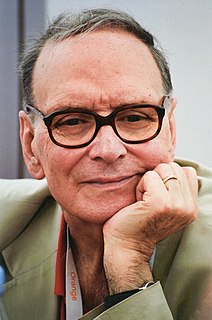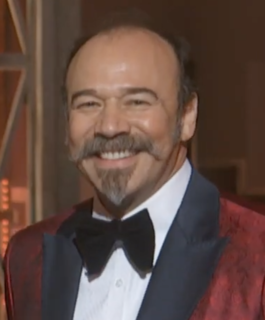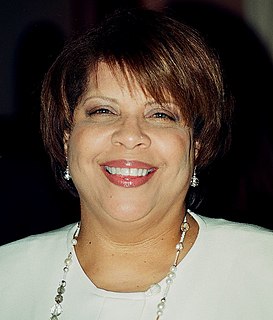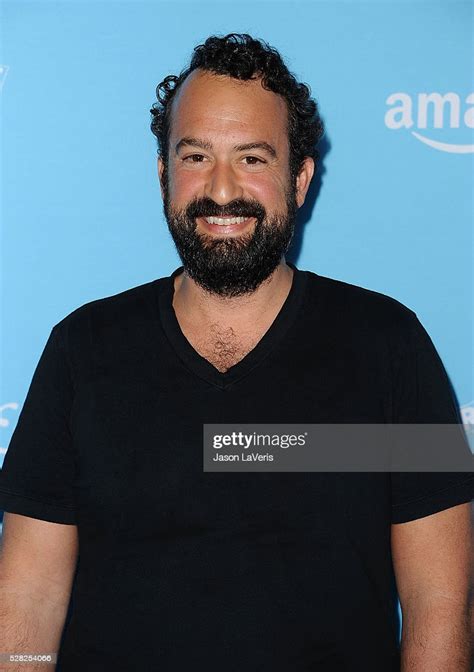A Quote by Mahesh Manjrekar
Audience today like an honest approach to cinema; if you try to please the audience they come to know.
Related Quotes
I had seen 'Do the Right Thing' when I was at college, and it was incredibly inspiring as a piece of cinema. Just brilliant, I thought. But saw 'Malcolm X' with a crowded audience. It was my first time in an American cinema, hearing an audience respond. You know, in England, everyone is so restrained.
All of Europe is tremendously integrated now; perhaps from all those years of colonization. Everybody that they've colonized has come to the mainland, so you'll have a racially diverse audience as well. You'll have many Middle Easterners, Asians, Africans, from seven to ninety sitting in the audience, and the really incredible thing is that they all know the music. I don't mean they just know a song here and there. They know the music. They are a very educated audience.
In the vast majority of movies, everything is done for the audience. We are cued to laugh or cry, be frightened or relieved; Hitchcock called the movies a machine for causing emotions in the audience. Bresson (and Ozu) take a different approach. They regard, and ask us to regard along with them, and to arrive at conclusions about their characters that are our own. This is the cinema of empathy.
I make comedies and I always try... I don't try but I allow to have at least 5% of the jokes or have some jokes that I know will be understood by only about 5% of the audience. It's that guy in the corner who gets it and laughs. But he has to have his jokes too. That's part of my audience. Part of my audience is the people who will only get certain things.
To be honest with you, I don't know how even to articulate it at this point, because sometimes the real difference in the seasons perhaps will come in the way the viewership responds and the audience responds. The thing about the show is - we realign a lot about it once our audience watches it. We learn things that we can't even anticipate.



































